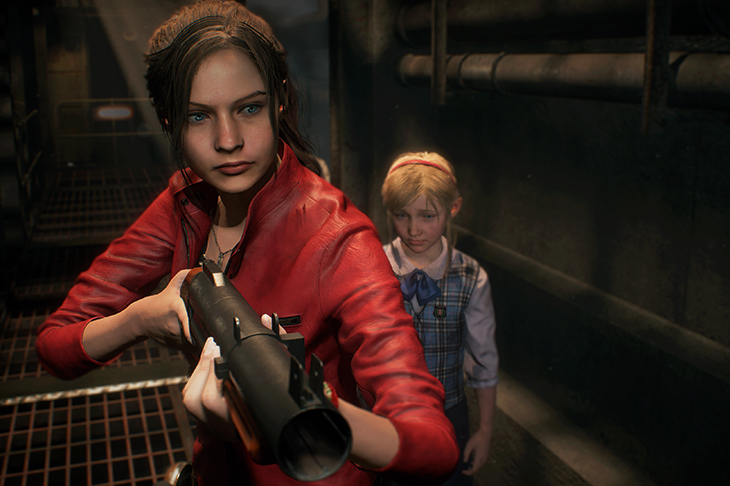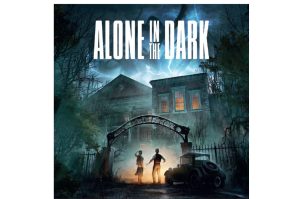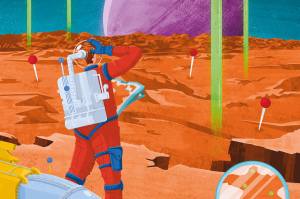Resident Evil 2
takes the original zombie shooter, which has become a cult classic and, to many, the quintessential horror video game, and gives it a lick of digital paint.
Gone are the blocky hallways of the Raccoon City police station, along with the slow moving hordes of undead who, if you squinted, might’ve had a pixel of drool at the corner of their mouth. In their place is a German expressionist labyrinth of disorientating shadows, and antagonists so realistically putrefied the game ought to come with the sort of warnings they put on particularly pungent cheese.
As ever with the franchise, it veers between survival elements and far-fetched logic puzzles required to permit the protagonists — Leon Kennedy and Claire Redfield, whose separate paths are both playable — to progress through the city. To the uninitiated the change of pace can feel jerky (though the violent sequences might also feel lumbering to a generation raised on Call of Duty and Halo) but it does offer a necessary respite from the gloom. If there’s one thing the writers behind Resident Evil understand, it’s that frenetic violence should always be tempered with implausible arcana.
The result is a curate’s egg, not quite scary, clever or self-referential enough for legendary status, but probably satisfying to our nostalgia-obsessed contemporary culture.
This article was originally published in The Spectator magazine.


















